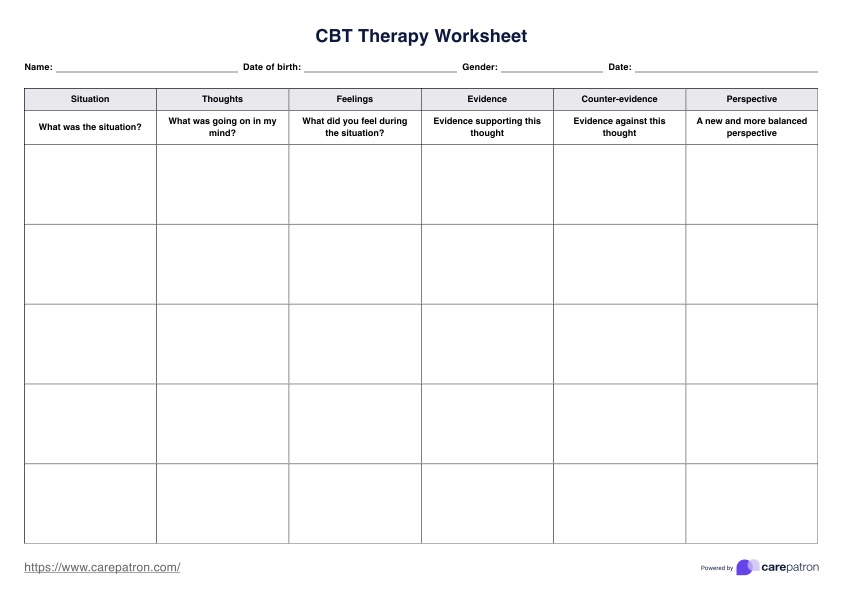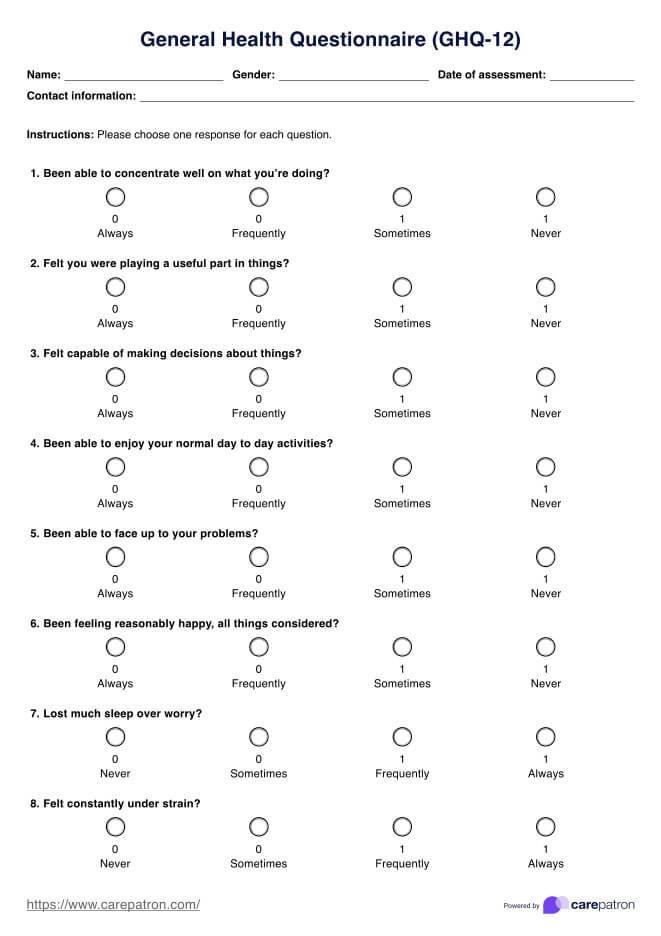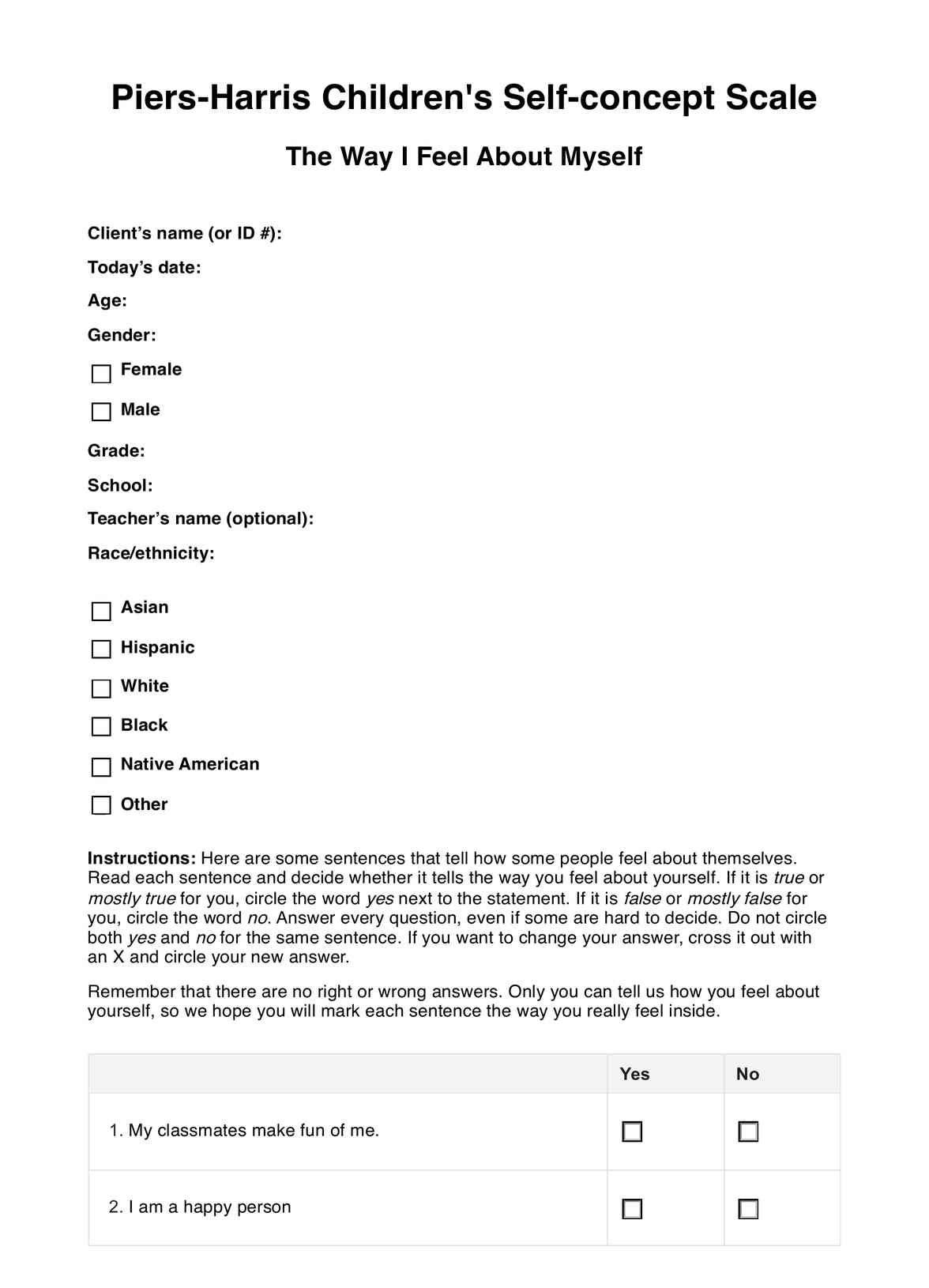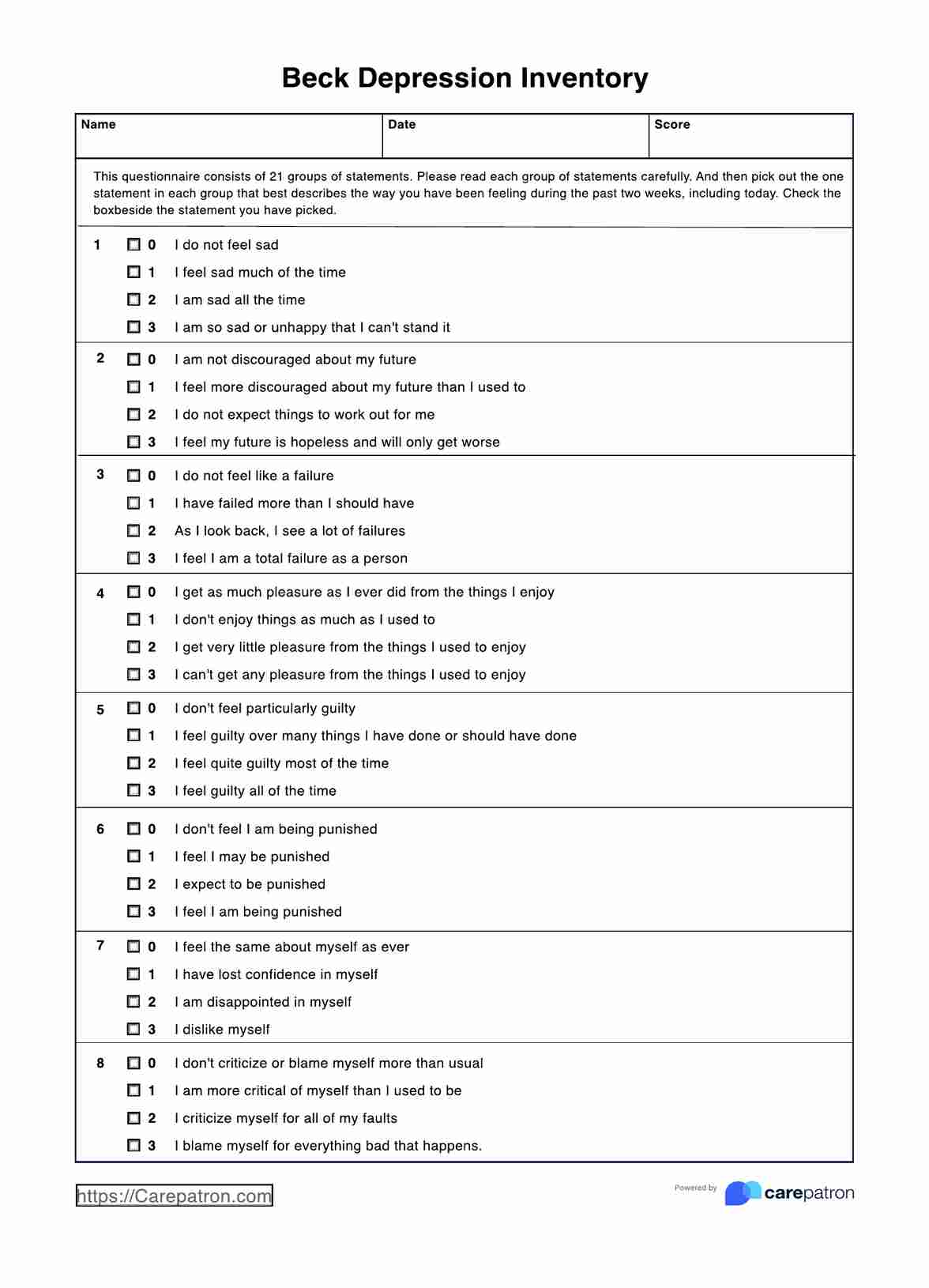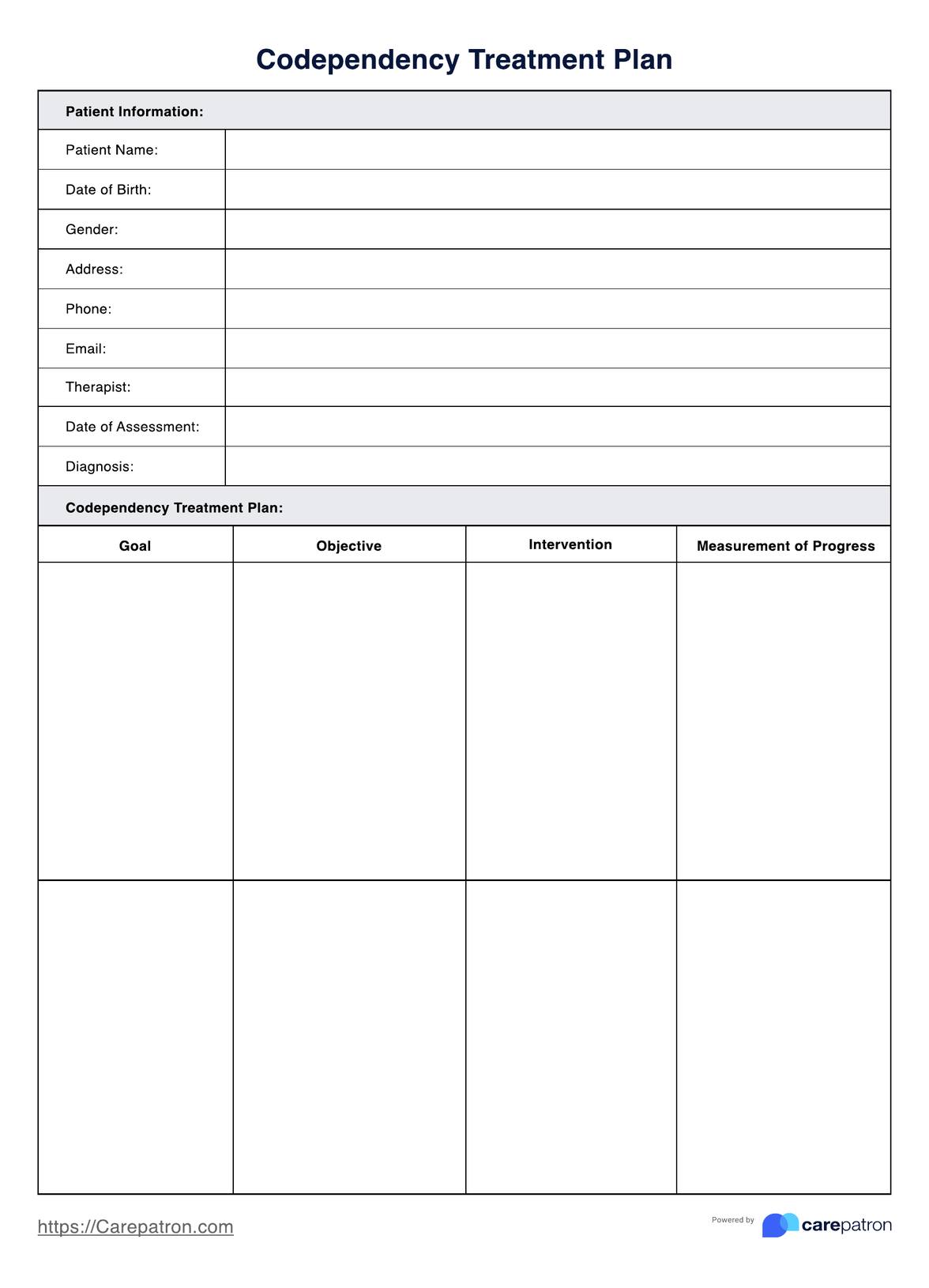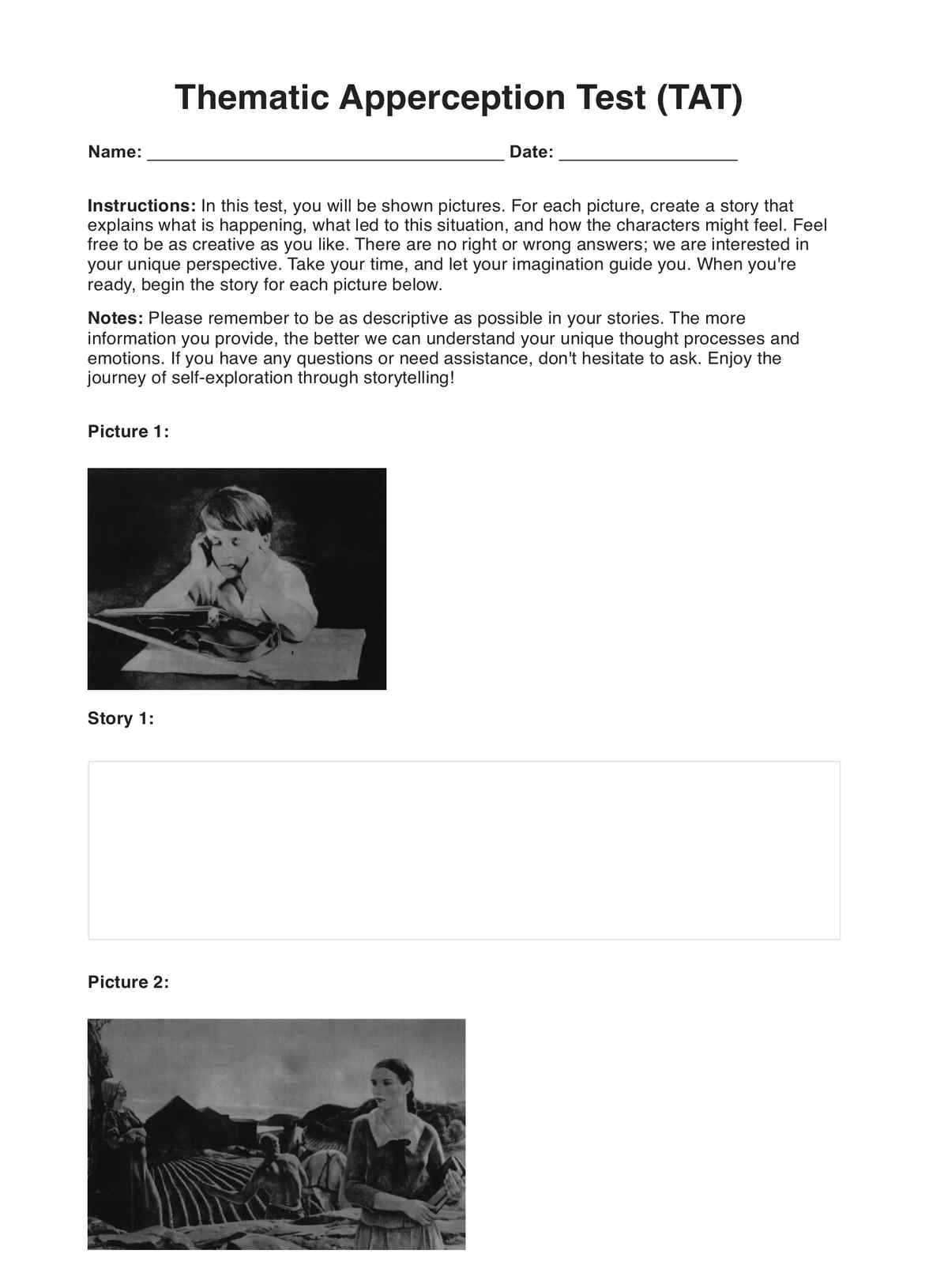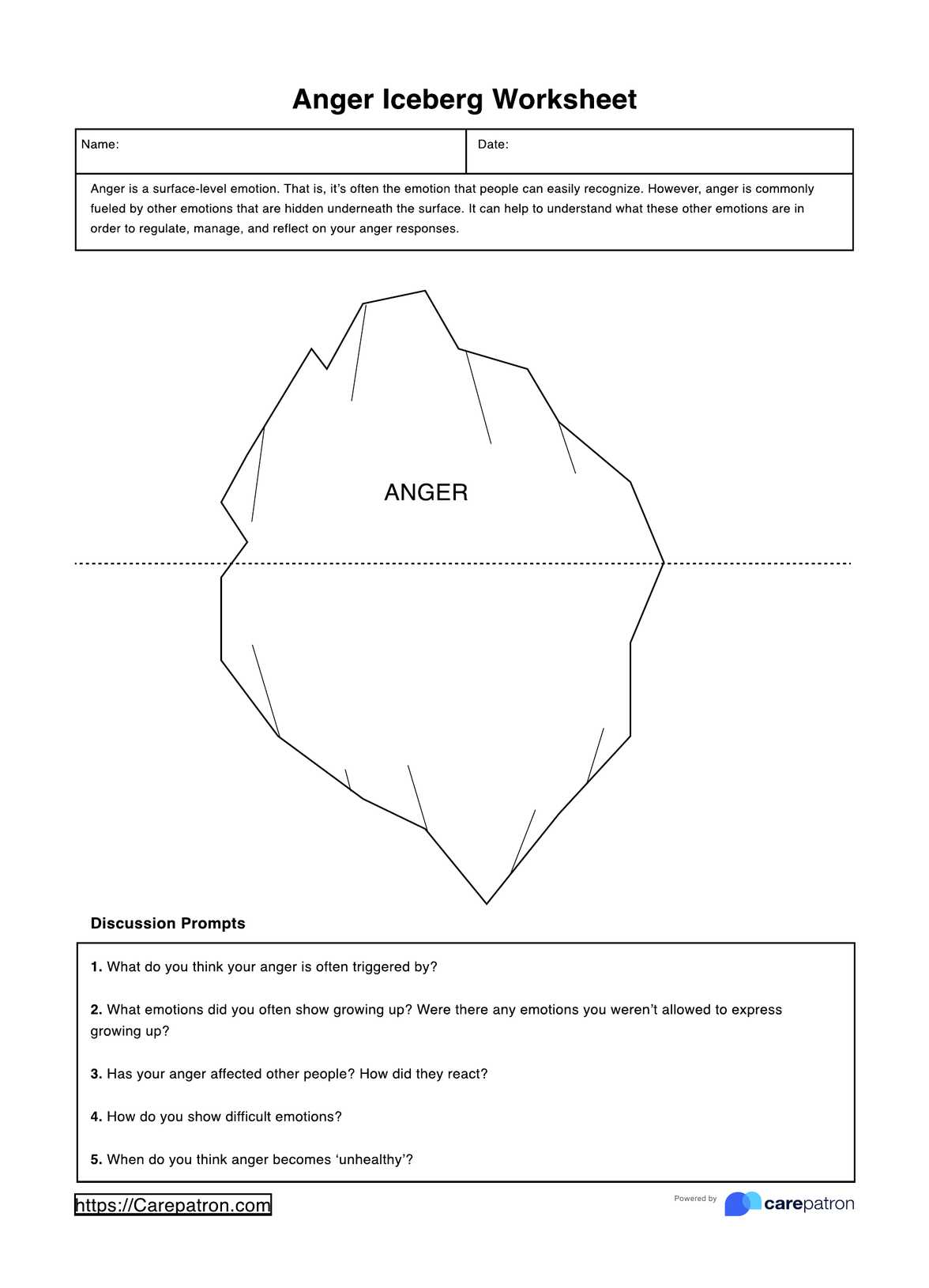TSH Reflex Test
Understand your TSH Test results easily. Measure thyroid stimulating hormone levels accurately for early detection of thyroid conditions.


What is a TSH Test?
A TSH test, or Thyroid-Stimulating Hormone test, is a critical diagnostic tool used in medical practice. This blood test measures the levels of TSH, a hormone produced by the pituitary gland that stimulates the thyroid gland to generate hormones essential for regulating the body's metabolism.
When your body needs more energy, such as when you're growing or during pregnancy, the pituitary gland releases more TSH to signal the thyroid gland to produce more hormones; conversely, when the body needs less energy, the pituitary gland releases less TSH. Variations in these TSH levels can indicate potential thyroid conditions.
This test is critical in diagnosing and monitoring thyroid-related conditions like hypothyroidism, where the thyroid gland does not produce enough hormones, and hyperthyroidism, where hormone overproduction occurs.
Understanding the concept of a TSH test and its significance might seem complex, so we have an explainer video to help simplify the topic:
is vast and complex, and understanding each aspect is crucial for optimal patient care. To dive deeper into this subject and understand how TSH Tests fit into the larger picture, visit our Clinical Documentation page on Carepatron.
TSH Reflex Test Template
TSH Reflex Test Example
How Does it Work?
The TSH (Thyroid Stimulating Hormone) test procedure is straightforward and can be administered at a healthcare provider's office or a diagnostic lab. This blood test helps evaluate your thyroid gland's functioning by measuring the levels of TSH in your bloodstream. Here is a step-by-step guide on how the process works:
Step 1: Booking an Appointment
Your journey toward getting a TSH test begins with scheduling an appointment with your healthcare provider or a diagnostic lab. It's essential to discuss any medications you're taking, as certain drugs may affect the results.
Step 2: Fasting Before the Test
You'll need to fast for about 8-12 hours before the test. This means avoiding any food or drink except for water, which is permissible.
Step 3: Providing a Blood Sample
During the appointment, a healthcare professional will collect a blood sample from a vein in your arm using a small needle. This is a quick process and usually causes minimal discomfort.
Step 4: Laboratory Analysis
Once the blood sample is collected, it's sent off to a laboratory. Here, medical professionals analyze the sample to determine the level of TSH present in your blood.
Step 5: Receiving the Results
After the analysis, the lab reports the TSH level. These results then assist your healthcare provider in diagnosing potential thyroid issues or monitoring existing conditions.
Our printable TSH test form is available for those seeking a more convenient option. This form can be filled out and mailed to a lab, making it an accessible alternative for many patients. A TSH test is critical in assessing thyroid health. Whether you go through the traditional route or opt for the printable TSH test form, understanding the process can help ensure you're well-prepared for the test.
When Would you use this Test?
The TSH (Thyroid Stimulating Hormone) test is an essential tool in the arsenal of healthcare providers, used to diagnose and manage conditions related to the thyroid gland. Its application spans various health scenarios, making it a valuable resource in medical practice.
Recognizing Symptoms of Thyroid Disease
One of the primary instances to utilize a TSH test is when patients exhibit symptoms suggestive of thyroid disease. These symptoms can be varied, encompassing fatigue, unexplained weight fluctuations, hair loss, and changes in appetite, among others. In some cases, patients might also experience mood alterations, irregular menstrual cycles, constipation, or even depressive states. As these symptoms overlap with numerous other health conditions, administering a TSH test becomes instrumental in identifying if the underlying issue pertains to thyroid function.
Evaluating Genetic Predisposition and Autoimmune Disorders
A TSH test is also extremely relevant for patients with a known family history of thyroid disease. Given the genetic links associated with many thyroid conditions, individuals with close relatives affected by such disorders are at an elevated risk. A TSH test offers a preventive strategy in such situations, facilitating early diagnosis and timely medical intervention.
In tandem, patients diagnosed with other autoimmune disorders could also find value in regular TSH tests. Conditions like Type 1 diabetes or rheumatoid arthritis often coexist with thyroid diseases due to shared immunological characteristics. Hence, conducting routine TSH tests for patients with these conditions can be a prudent approach to monitor thyroid health proactively.
Monitoring Existing Conditions
For patients already diagnosed with thyroid disorders, the TSH test is integral to their routine health assessments. It assists in tracking the efficacy of current treatments and adjusting medication dosages as required.
The TSH test is a versatile diagnostic instrument applicable in various clinical situations. It's an indispensable resource for healthcare providers looking to accurately diagnose thyroid conditions, evaluate risk factors in susceptible individuals, or monitor the progression of existing disorders.
What do the Results Mean?
The results of a TSH (Thyroid Stimulating Hormone) test can provide a wealth of information about an individual's thyroid health. However, understanding what these results mean requires a clear grasp of the implications of different TSH levels.
High TSH Levels and Hypothyroidism
A high TSH level typically suggests that the thyroid gland is underactive, a condition known as hypothyroidism. When the thyroid gland doesn't produce enough thyroid hormones, the pituitary gland compensates by producing more TSH to stimulate the thyroid. This increased TSH production results in high TSH levels in the blood. Symptoms of hypothyroidism may include fatigue, weight gain, cold intolerance, dry skin, and constipation.
Low TSH Levels and Hyperthyroidism
Conversely, a low TSH level usually indicates an overactive thyroid gland, a condition referred to as hyperthyroidism. In this case, the thyroid gland produces excess thyroid hormones, leading the pituitary gland to reduce TSH production. This decrease in TSH results in low TSH levels in the blood. Symptoms of hyperthyroidism may include weight loss, heat intolerance, increased heart rate, anxiety, and difficulty sleeping.
Comprehensive Evaluation
It's important to note that while the TSH test is a critical tool in diagnosing thyroid conditions, it is often not the sole determinant. Healthcare providers typically evaluate TSH test results alongside other tests, such as Free T4 and T3 tests, and consider the patient's symptoms as well. This comprehensive approach ensures an accurate diagnosis and effective monitoring of thyroid conditions.
Interpreting the results of a TSH test involves understanding the balance between TSH and thyroid hormone levels in the body. High or low TSH levels can indicate potential thyroid issues, but the final diagnosis often depends on a combination of test results and symptom assessment. Our Free TSH test remains an indispensable tool in the free and comprehensive evaluation of thyroid health.
Research & Evidence
The Thyroid Stimulating Hormone (TSH) test has been extensively researched and validated as a reliable and accurate method for diagnosing and monitoring thyroid conditions. Numerous studies attest to its effectiveness, reinforcing its importance in clinical practice.
A comprehensive review for primary care highlighted TSH as the best and often the only test needed for biochemical thyroid testing (Arem, 2016). This research underscored the cost-effectiveness of adding a free T4 test to confirm the reliability of a normal TSH result, suggesting that the potential unreliability of a normal TSH to reflect true thyroid status accurately is an ongoing concern.
Further research explored the functional sensitivity differences of immunometric assays of TSH and their impact on the reliability of measuring subnormal concentrations of TSH. The study found better pool rankings and fewer misclassifications of low-TSH sera as "normal" (Soldin et al., 1995).
Another key study questioned whether the TSH test should be used in the diagnostic confirmation of suspected hypothyroidism. It concluded that while the accuracy of the TSH test in confirming hypothyroidism is unknown, several aspects of the TSH test suggest it is a reliable indicator of primary hypothyroidism (Carter et al., 2010).
In addition to these findings, the American Thyroid Association recommends that all adults be screened for thyroid dysfunction at least once every five years. This frequency should be increased if they have risk factors for thyroid disease, further emphasizing the significance of the TSH test in preventative health measures.
A plethora of research supports using the TSH test in diagnosing and monitoring thyroid conditions. Its reliability and accuracy are well-established, making it an indispensable tool in healthcare.
References
- Arem, R. (2016). Biochemical testing of the thyroid: TSH is the best and, oftentimes, only test needed–a review for primary care. Clinical Medicine & Research, 14(2), 83-92.
- Soldin, S. J., Soukhova, N., & Janicic, N. (1995). Differences in functional sensitivity of immunometric assays of thyrotropin (TSH) and impact on reliability of measurement of subnormal concentrations of TSH. Clinical Chemistry, 41(3), 367-374.
- Carter, J. N., Eastman, C. J., Corcoran, J. M., & Lazarus, L. (2010). Should the TSH test be utilized in the diagnostic confirmation of suspected hypothyroidism?. Medical Hypotheses, 75(3), 228-231.
Commonly asked questions
A healthcare provider, such as a primary care physician or endocrinologist, typically requests a TSH (thyroid-stimulating hormone) test.
TSH tests are commonly used to check for thyroid problems, including hyperthyroidism and hypothyroidism. They can also be used to monitor treatment for thyroid disorders and to screen newborns for congenital hypothyroidism.
TSH tests measure the level of thyroid-stimulating hormone in the blood. The pituitary gland produces this hormone and stimulates the thyroid gland to produce hormones that regulate metabolism. Abnormal TSH levels can indicate thyroid dysfunction.
The TSH test itself only takes a few minutes to perform, but the entire process may take longer due to factors such as wait times at the laboratory and the processing of the results. Generally, patients can expect to receive their TSH test results within a few days, depending on the laboratory processing time and the method of sending the results back to the healthcare provider.

.jpg)
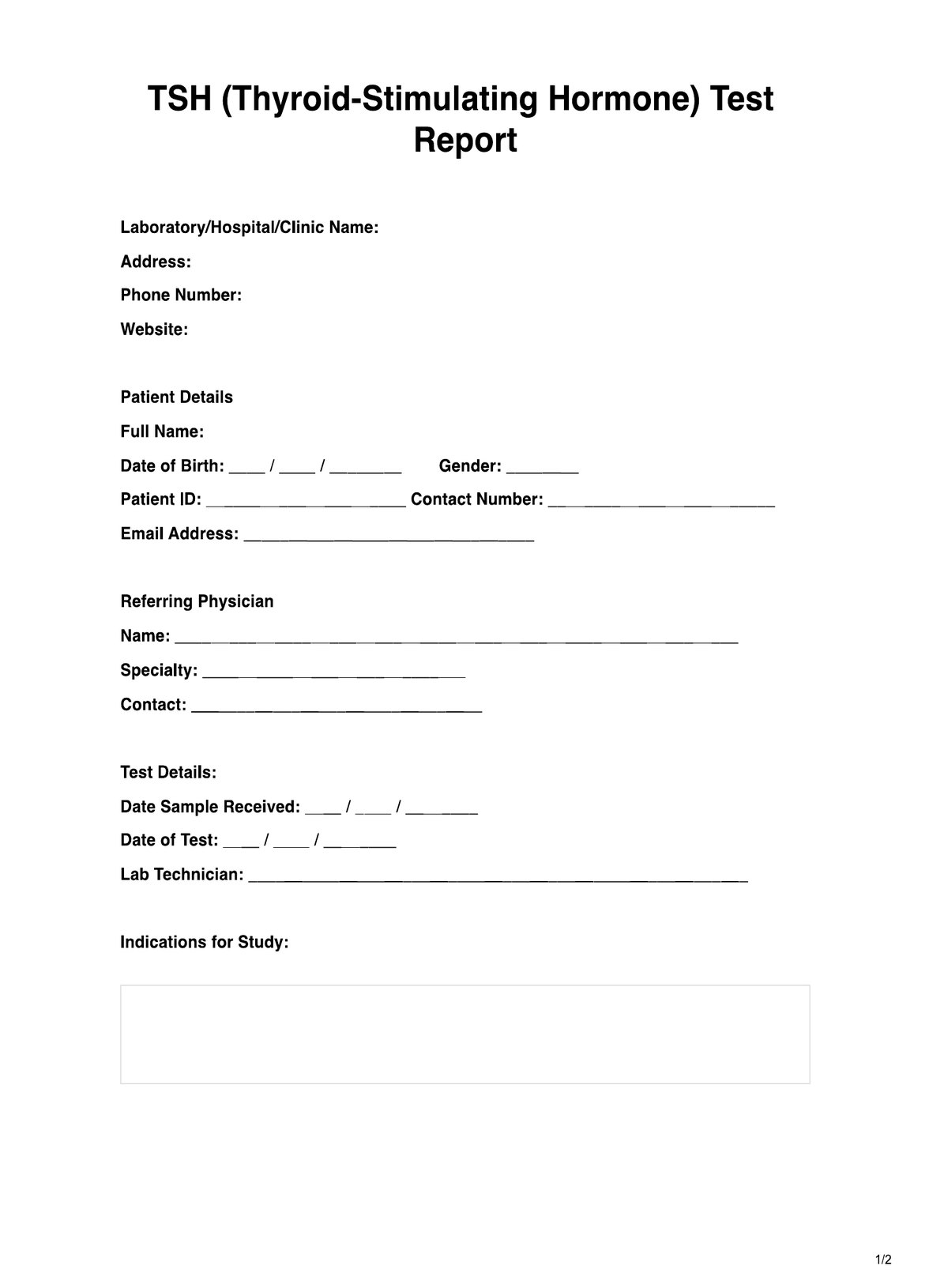
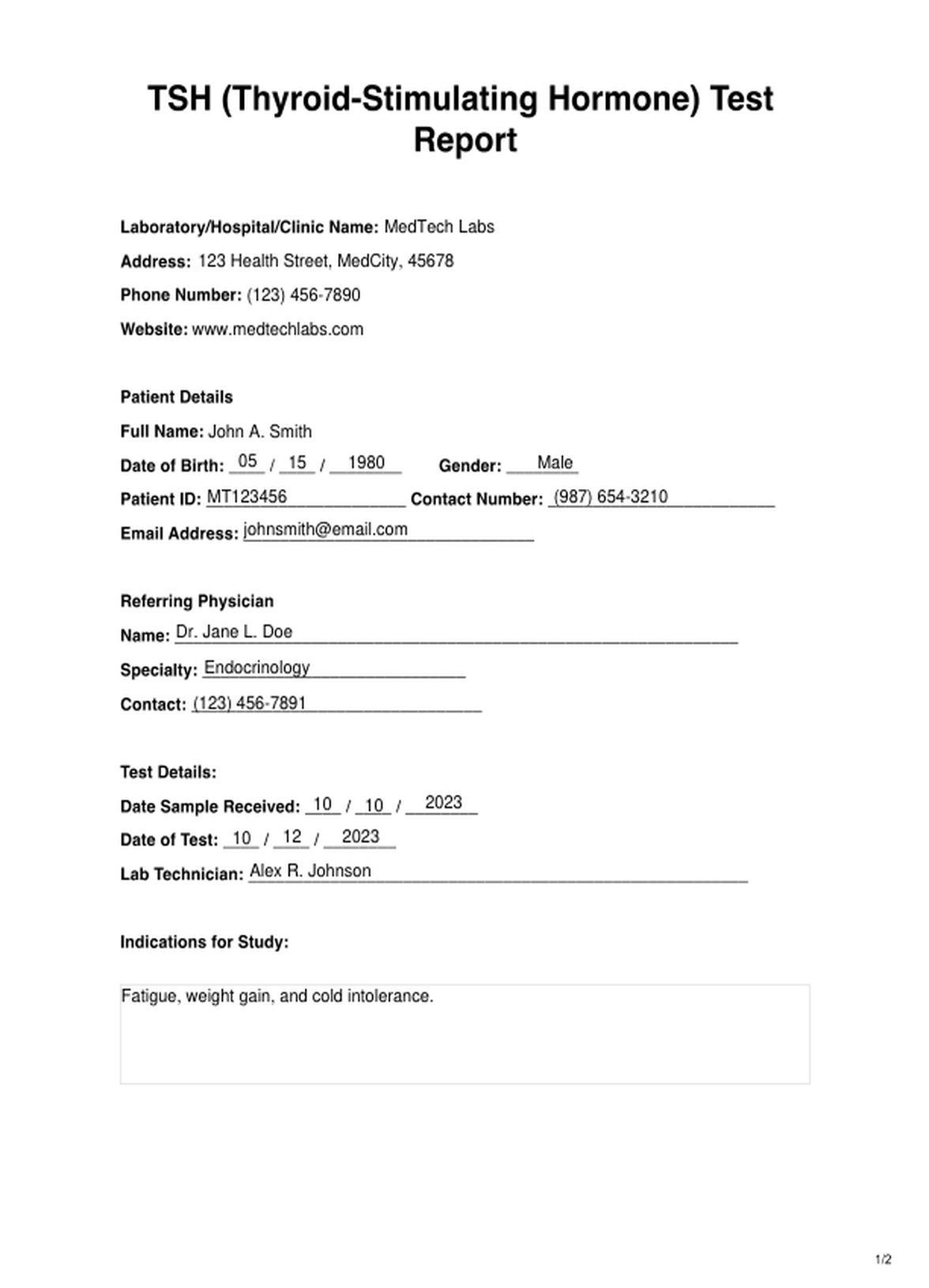














-template.jpg)






















































































